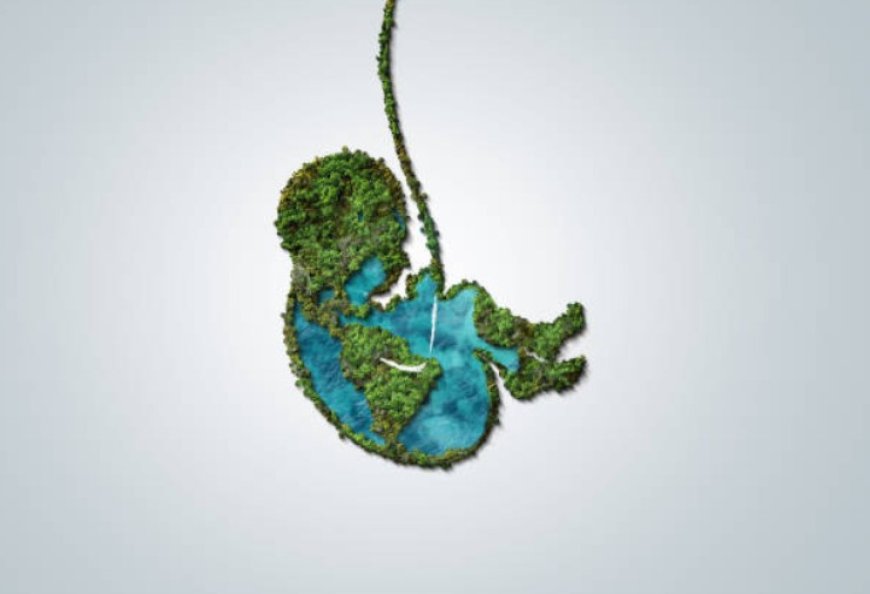How Did Life Begin on Earth?
A Scientist's Guide to the Origin of Life
How did the universe form?
One of science's most fundamental and enduring mysteries is the origin of life on Earth. There is still no clear answer to this topic, despite centuries of scientific inquiry. On the other hand, there are some compelling theories on the possible origin of life from non-living materials.
The idea that life originated in oceanic hydrothermal vents is one that is widely held. Hot springs known as hydrothermal vents shoot water into the ocean that is rich in minerals. The building blocks for the first organic molecules—which are necessary for life—may have been found in the chemicals in this water.
The idea that life originated in clay minerals is another theory. In addition to catalyzing chemical reactions, clay minerals have the ability to absorb and concentrate organic molecules. This implies that the earliest self-replicating molecules, which are necessary for the emergence of life, may have been formed in part by clay minerals.
It seems obvious that life must have originated via a sequence of chemical events that resulted in progressively complex molecules, regardless of where life first appeared. RNA was among the most significant of these molecules. One kind of nucleic acid that has the ability to store and transfer genetic information is RNA. Additionally, it has the ability to catalyze chemical reactions, which raises the possibility that it was essential to the early evolution of life.
The ability for RNA molecules to replicate themselves allowed them to evolve into new, more sophisticated ones. The earliest cells finally formed as a result of this process. The fundamental building blocks of life, cells are home to all the systems required for life to function.
Life was able to diversify and expand to new areas because to the evolution of cells. Life changed over time to take on all of the various forms that we see around us.
The following is an outline of the processes that scientists think could have resulted in the emergence of life on Earth:
1. In the early atmosphere and oceans, simple organic molecules were created from inorganic ones.
2. More complex molecules, like RNA, were created by the reaction of these chemical molecules.
3. The ability for RNA molecules to replicate themselves enables them to change over time and create new, more sophisticated molecules.
4. The earliest cells, which included RNA and other necessary components, emerged.
5. The diversification and environmental expansion of cells resulted in the evolution of all the various kinds of life that exist today.
It is crucial to remember that this is only a condensed summary of what scientists now know about the origin of life. Scientists are continuously studying this process because there are still a lot of unsolved issues regarding it.














































































































































































































